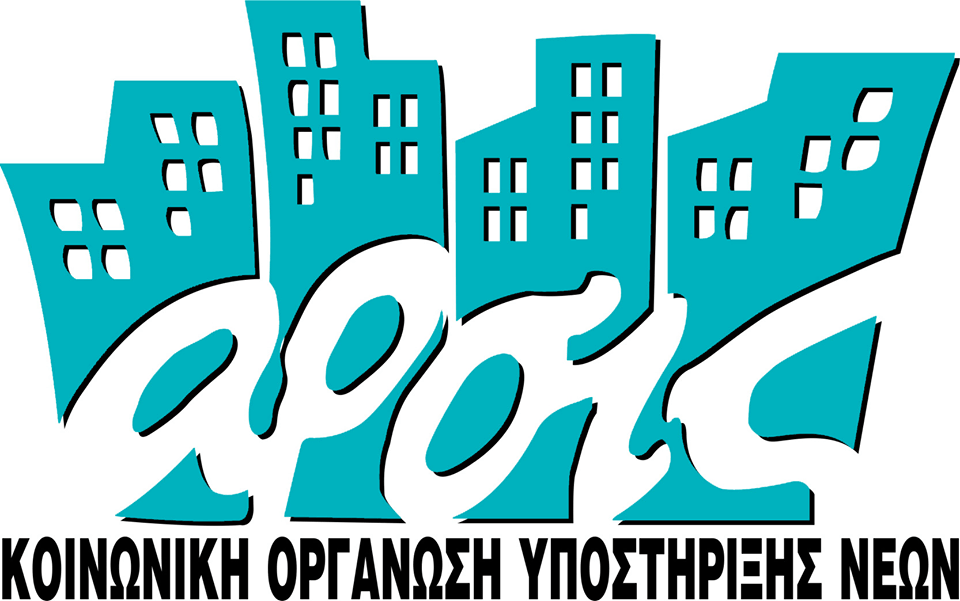End Summary Returns, Unchecked Violence
Human Rights Watch
Greek law enforcement officers at the land border with Turkey in the northeastern Evros region routinely summarily return asylum seekers and migrants.
(Athens) – Greek law enforcement officers
at the land border with Turkey in the northeastern
Evros region routinely summarily return asylum seekers and migrants, Human
Rights Watch said today. The officers in some cases use violence and often
confiscate and destroy the migrants’ belongings.
“People who have not committed a crime are detained,
beaten, and thrown out of Greece without any consideration for their rights or
safety,” said Todor Gardos, Europe researcher at Human Rights Watch. “The Greek
authorities should immediately investigate the repeated allegations of illegal
pushbacks.”
Human Rights Watch interviewed 26 asylum seekers and
other migrants in Greece in May, and in October and November in Turkey. They
are from Afghanistan, Iraq, Morocco, Pakistan, Syria, Tunisia, and Yemen, and
include families traveling with children. They described 24 incidents of
pushbacks across the Evros River from Greece to Turkey.
Most incidents took place between April and November.
All of those interviewed reported hostile or violent behavior by Greek police
and unidentified forces wearing uniforms and masks without recognizable
insignia. Twelve said police or these unidentified forces accompanying the
police stripped them of their possessions, including their money and personal identification,
which were often destroyed. Seven said police or unidentified forces took their
clothes or shoes and forced them back to Turkey in their underwear, sometimes
at night in freezing temperatures.
Abuse included beatings with hands and batons, kicking,
and, in one case, the use of what appeared to be a stun gun. In another case, a
Moroccan man said a masked man dragged him by his hair, forced him to kneel on
the ground, held a knife to his throat, and subjected him to a mock execution.
Others pushed back include a pregnant 19-year-old woman from Afrin, Syria, and
a woman from Afghanistan who said Greek authorities took away her two young
children’s shoes.




